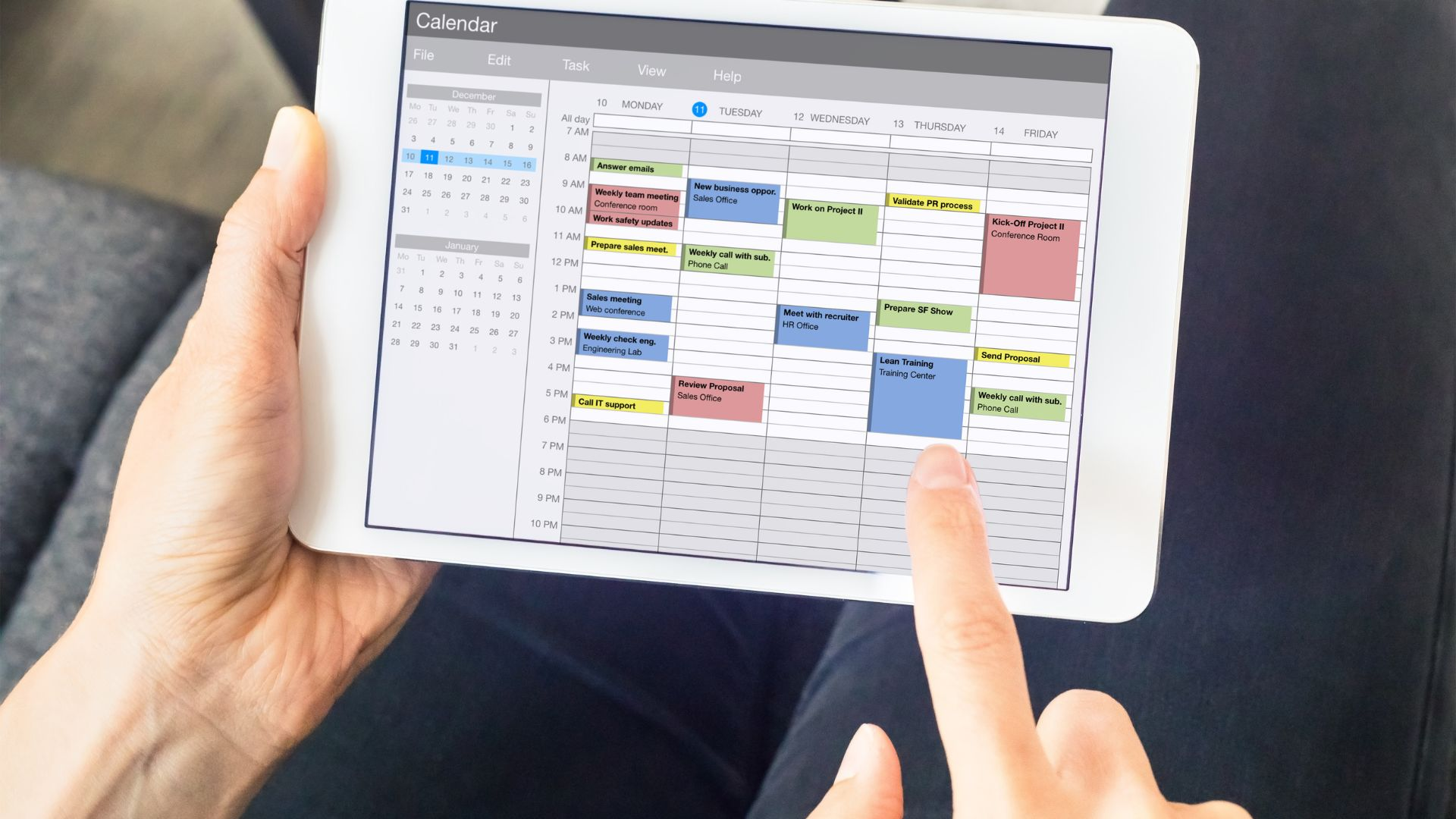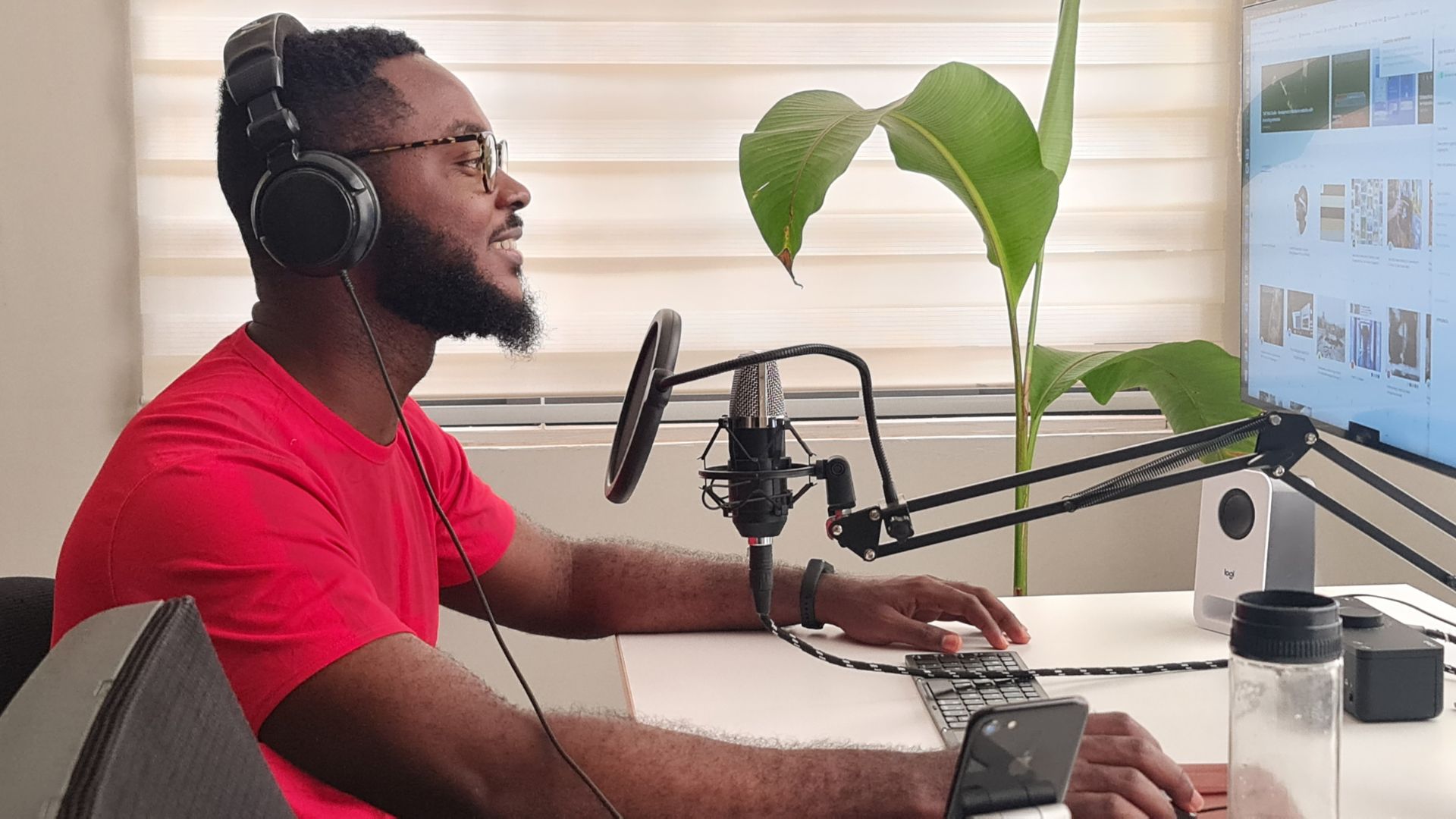Podcasting, content creation, or any other job can be done more easily if you know the tips, advice, and experience from seasoned professionals. This is precisely the reason why I’ve taken the initiative to craft this blog post – to provide you with a comprehensive understanding of podcast dos and don’ts.
I’m Niall Mackay, The Podcast Guy. I’m the founder of Seven Million Bikes Podcasts and the host of many podcast shows, including Smarter Podcasting – where I share my experience and podcasting tips.
When I first started, I didn’t know anything about podcasting, and of course, I made lots of mistakes. After that, I realized the importance of learning expert tips in producing a successful podcast. Whether you are a podcast beginner or you have started your show for a while, you should learn continuously and stay up-to-date with the industry.
Today, I will share with you 20 dos and don’ts of podcasting.

Podcasting Do’s
- Find Your Niche
The success of your podcast hinges on its ability to cater to a specific audience. Finding your niche is like selecting the compass that will guide your podcast’s content journey. A niche allows you to dive deep into a particular subject matter, catering to target audience hungry for insights and expertise.
Advantages:
- It sets you apart from the vast sea of podcasts, giving you a unique voice in a crowded space.
- It attracts a dedicated audience of individuals who are genuinely interested in the topics you cover.
To determine your niche, reflect on your passions, knowledge, and the intersection between your expertise and what your potential audience is seeking.
- Consistent Schedule
Imagine a listener eagerly looking forward to your new episode only to find that it’s not there. Inconsistency erodes trust and can lead to listeners seeking content elsewhere. A consistent release schedule, on the other hand, ingrains your podcast into your audience’s routine. It becomes a reliable source of information, entertainment, or inspiration that they can count on.
Here are some options:
- Weekly: Releasing episodes once a week is a popular choice. It keeps your content fresh and engages your audience regularly.
- Bi-Weekly (Every Two Weeks): This schedule allows more time for content preparation and can be suitable for in-depth, research-heavy podcasts.
- Monthly: Releasing episodes once a month can work well for podcasts that require significant preparation or focus on longer-form content.

- Prepare For The Guest
Preparing for podcast guests is crucial to ensure a smooth and engaging recording session. Whether your guest is joining in-person or remotely, thorough preparation enhances the overall podcast quality and guest experience.
You may miss one of these:
- Preparing the Script/ Podcast outline template, but avoid scripted interview
- Podcast questions and answers
- Technical Setup
- Audio Software and Recording
For in-person recording, brief your guests on how to use the microphone, adjusting its position for optimal sound quality. For remote interviews, provide step-by-step instructions for recording their audio locally on their computer to achieve higher audio quality.
Have a small talk or conversation to warm up and create a comfortable and friendly atmosphere so that your guests feel relaxed and more likely to contribute openly during the recording.

- SEO
Many new podcasters think there’s no need to consider podcast SEO, but it isn’t true.
Search Engine Optimization (SEO) isn’t limited to written content and websites; it also plays a crucial role in podcasting. SEO allows you to attract new listeners who are specifically interested in your podcast’s niche. By targeting the right keywords, you can ensure that your podcast reaches the audience that is most likely to engage with your content.
Podcast directories like Apple Podcasts, Spotify, and Google Podcasts act as search engines for podcasts. By optimizing your podcast for SEO, you improve your chances of ranking well on these platforms and reaching a broader audience.
Methods for SEO:
- Episode Descriptions and Show Notes: Provide a written overview of your episodes, including keywords.
- Optimized Titles, Metadata.
- Backlinks and Social Sharing: URL Links, Social media posts.
- Provide Value
Maintaining the focus on providing value to your audience should be a constant reminder throughout your podcasting journey. It’s easy to get caught up in the metrics, monetization, and other aspects of podcasting, but the essence of a successful podcast lies in consistently delivering meaningful content to your audience.
Regularly remind yourself of why you started podcasting in the first place. What value did you want to bring to your audience? Reconnecting with your initial motivation can reignite your commitment to providing meaningful content.
I understand that we all need revenue and income, but it’s crucial to strike a balance and not compromise your core value and the trust you’ve built with your audience. Always put your listeners first. Think about how your monetization efforts might impact their experience. If ads or promotions start interfering with the quality of your content or overwhelming the listener, it can lead to a decline in engagement.

Podcasting Don’ts
- Skip Editing Process
Editing is a very very crucial step that you shouldn’t skip. You may assume that you didn’t make any mistakes your recordings seem flawless, and you skip the editing phase. But to reach the professional stage, the editing process is also key.
It goes beyond merely removing mistakes; it enhances the pacing, eliminates background noise, trims awkward pauses, and ensures a seamless listening experience for your audience. Unedited episodes can include rambling tangents or extended periods of silence that bore listeners and diminish your podcast’s impact.
If you don’t have time and skills to do it yourself, hire a podcast producer to do it for you, I promise you won’t regret it. Choose a dedicated software to help, my number one choice is Descript, it is a text-based and easy-to-use software.
- Forget Evergreen Content
In the fast-paced world of podcasting, it’s easy to get caught up in discussing the latest trends, news, and events. While staying current is important for engaging your audience, solely focusing on time-sensitive topics can inadvertently lead to the neglect of evergreen content—an oversight that can hinder your podcast’s long-term success.
Some examples:
- Foundational Knowledge
- How-to Guides
- Interviews with Experts
- Health and Wellness

- Disregarding Engagement
Engagement transforms passive listeners into active participants. When your audience feels valued and heard, they are more likely to become loyal supporters, share your content, and provide valuable feedback. Without a sense of connection or engagement, your listeners may lose interest in your podcast over time. This can lead to a decrease in subscriber numbers and a lack of return listeners.
Engaged listeners are more inclined to share your episodes with their networks, helping you expand your reach organically, and they can be your sponsors someday.
If you have made this mistake, you should start engaging with your listeners more by:
- Hosting Q&A Sessions
- Promote podcasts on Social media for more interaction
- Showing Appreciation
- Listening to Feedback
- Surveys and Polls
- Rambling and Lack of Structure
One of the common pitfalls for beginner podcasters is the tendency to ramble and lack a clear structure in their episodes. While podcasts offer a relaxed and conversational platform, an excessive amount of tangents and disorganized content can lead to a loss of listener interest.
A well-structured podcast not only keeps your listeners engaged but also helps you convey your message effectively. A clear structure provides a roadmap for your episode, guiding both you as the host and your audience through the content.
Tips to Avoid Rambling and Maintain Structure:
- Plan and Outline
- Stay on Topic
- Use Talking Points
- Practice Active Listening

- Over Promotion
Whenever I write a blog about monetizing, I always remind you about this because I’ve seen many other podcasters make this mistake.
While it’s natural to seek revenue and partnerships through advertising and promotions, an excessive focus on pushing products or services can lead to a decline in listener engagement and trust. Striking the right balance between promoting and providing valuable content is crucial for maintaining a loyal and engaged audience.
Here’s how to promote naturally:
- Contextual Integration
- Choose Relevant Partnerships
- Maintain a Ratio
- Create Value-Driven Promotions
Do’s And Don’ts In Podcasting- Final Thoughts
With the dos and don’ts in mind, you’re armed with a toolbox of insights that can steer your podcast towards success. Embrace the journey of finding your niche, committing to consistency, and engaging with your audience authentically.
Mistakes are a natural part of growth, and if you’ve stumbled upon some of these pitfalls, fret not—I’ve been there too. It’s never too late to recalibrate your approach, fine-tune your content, and enhance your listeners’ experience. By avoiding common errors and cultivating a strong foundation, your podcast has the potential to captivate, educate, and entertain.


